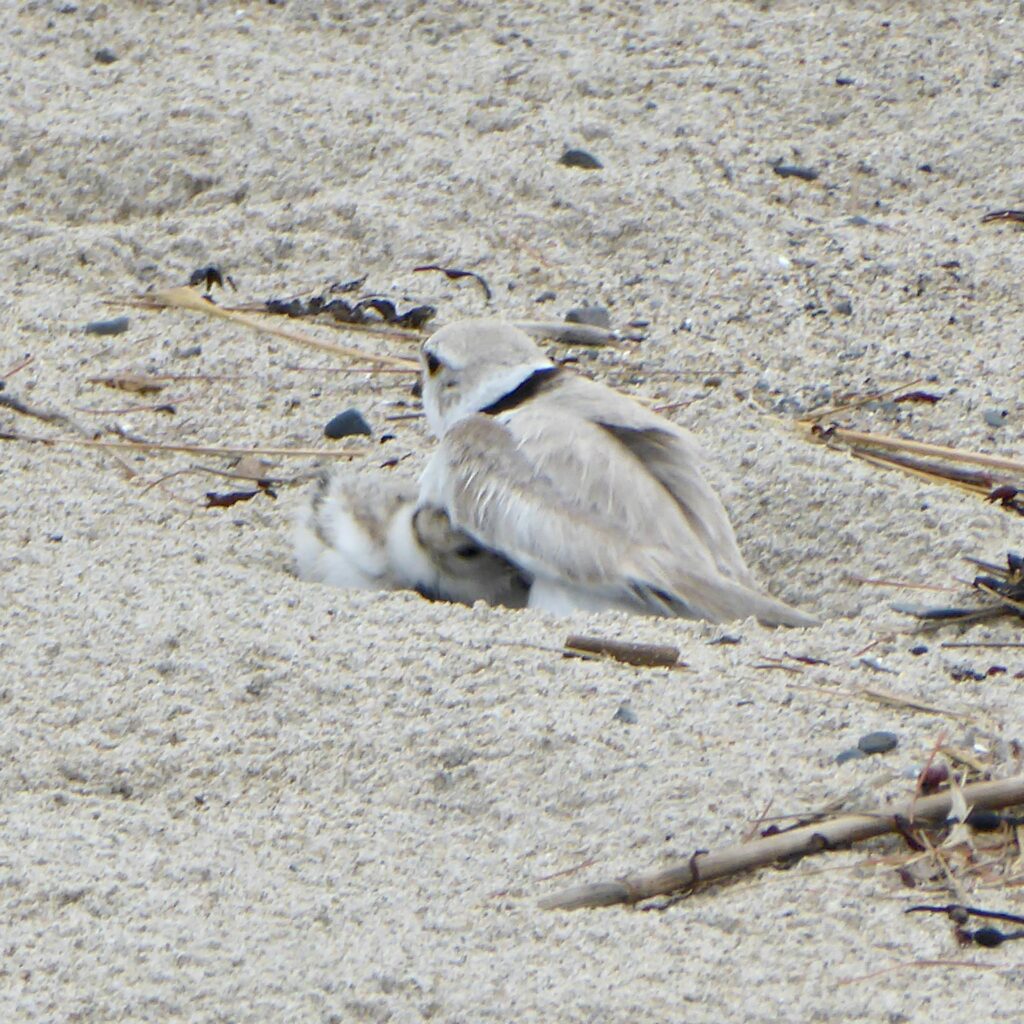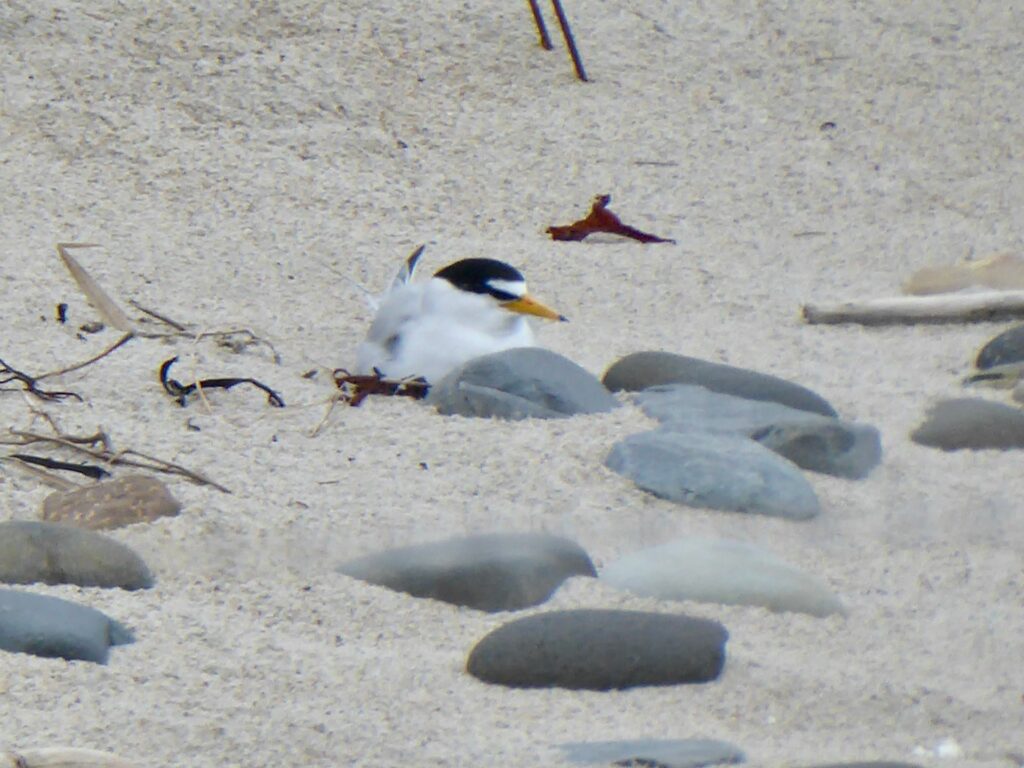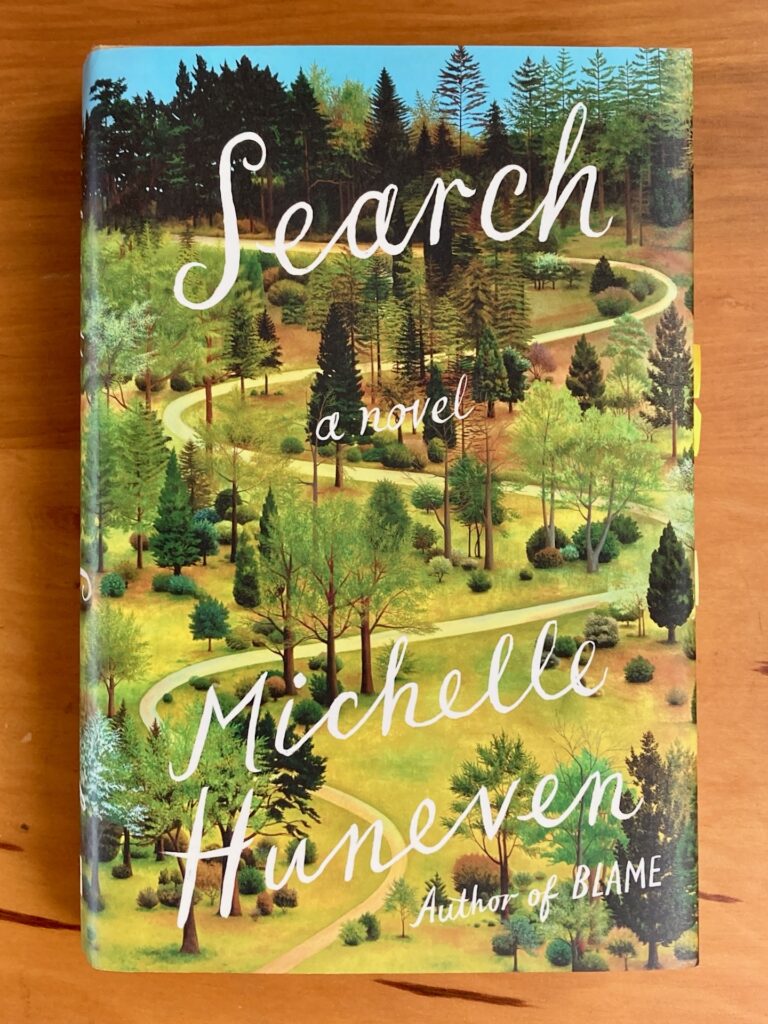Earlier this week, Carol and I walked on a beach in Maine where we saw two endangered bird species, Piping Plovers (Charadrius melodus) and Least Terns (Sternula antillarum).


Both these species nest on the beach above the high water mark. Nesting in the sand was a useful evolutionary adaptation for most of these birds’ existence. However, in the last hundred years as humans have used beaches more and more heavily. Many former nesting sites have either been eradicated. Other nesting sites see such heavy human use that nesting success has dropped precipitously.
Take the Piping Plover. The main strategy they use to evade predators is their cryptic coloration — when threatened, they squat down in the sand and are almost invisible. But this adaptation is counterproductive when the birds encounter over-sand vehicles (the birds and their nests get smushed), or off-leash dogs (the birds are found by smell, not sight) or oblivious humans playing on the beach (again, the birds get smushed). Then when some humans try to enact regulations to protect the birds — like restricting dog-walkers’ access to nesting areas, or prohibiting over-sand vehicles near nesting areas — many humans don’t comply with the regulations. So at another location in Maine this week, I saw a human with an unleashed dog standing right next to a marked nesting area where a few hours I had earlier seen a Piping Plover.
This is an example of how land use change and human overpopulation have caused rapid species decline over the past several decades. Now we can add another threat to these two species. Global climate change is already causing rising sea levels. If sea level rise continues, the preferred nesting locations for these birds is going to disappear.
It’s easy to sink into despair and imagine that these two species will be extinct in the next couple of decades. But while I’m not optimistic, there is still hope. Because even though humans are pushing these species to extinction, it’s also possible that they can be saved from extinction by careful human management. For that reason, I’ve decided that “management” is my new synonym for “hope.”



